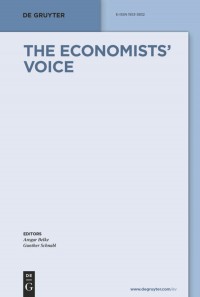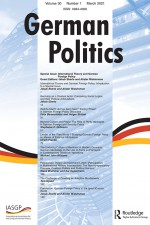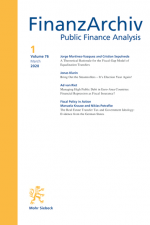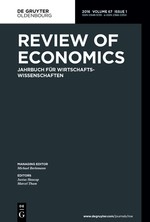European Public Policies and Sovereign Risk in the Eurozone: How State-Contingent Governance Hampers Fiscal Discipline

The 30 years old Maastricht Treaty on European Union (EU) is based on the political vision that a stable euro requires sound budgetary policies and sustainable public finances in all the participating countries. This article reviews how the European framework for managing sovereign risk in the Economic and Monetary Union (EMU) has evolved in challenging times. The main finding is that over the years European policymakers have applied a range of special provisions contingent on the state of national economies, the demand for public investment, the need for a sound financial system, the effectiveness of monetary transmission, or on general concerns with the integrity of the eurozone, in a way which hampers fiscal discipline. The growing prominence of this state-contingent governance could mark the political transition from the Maastricht Treaty’s focus on public risk reduction to a ‘Next Generation EMU’ which favours public risk sharing. The challenge in designing the future EMU architecture will be to balance the need to preserve the integrity of eurozone with the need for fiscal discipline.








